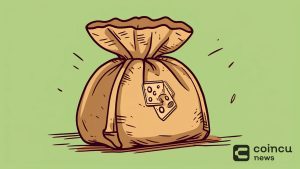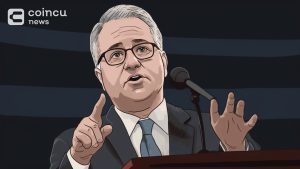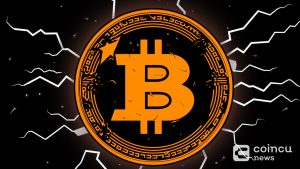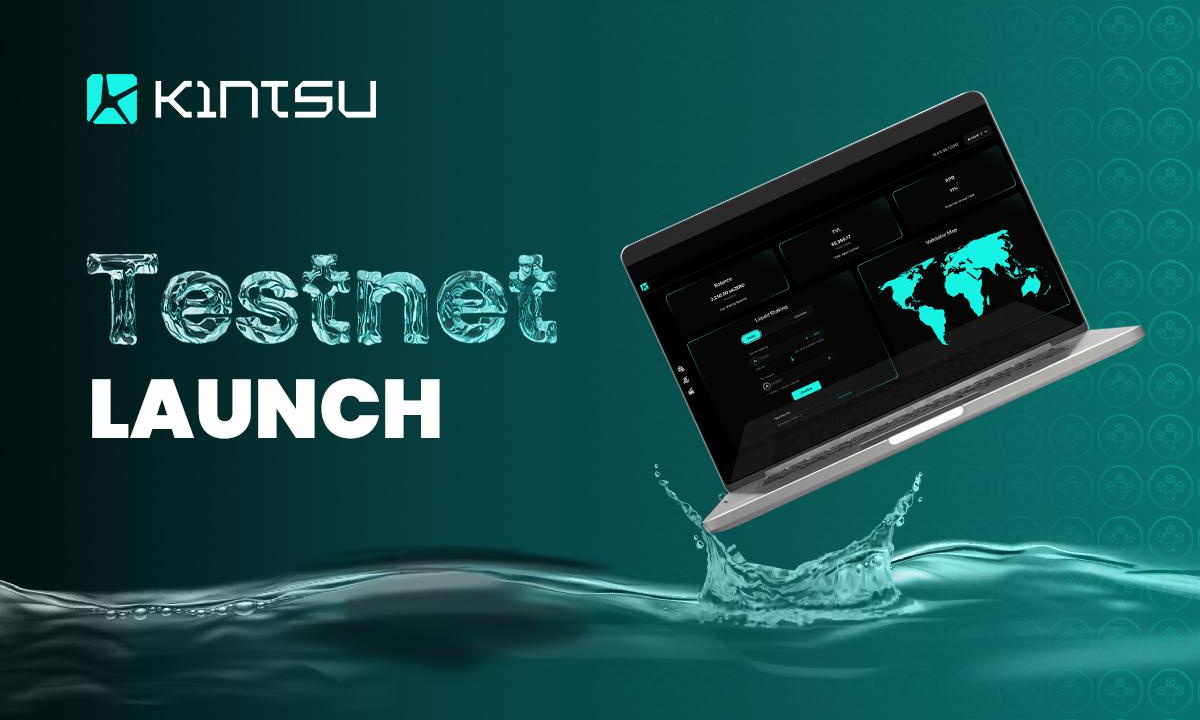Ukraine’s Vice Prime Minister Demands That Crypto Exchanges Ban Russians
Calls to block Russian users from exchanges prompted a huge debate, thanks to Ukraine’s Vice Prime Minister Mykhalio Federov.

In an unexpected turn of events, cryptocurrency has emerged as a key player in the Ukrainian conflict. As we reported earlier today, Ukraine has collected more than $10 million in cryptocurrency donations. The beauty of this is that the authorities don’t have to deal with banks, wires, settlement times, or intermediaries to obtain their money using cryptocurrency. They only need to tweet the wallet address, and they’re done.
Another intriguing twist has been added to cryptocurrency’s role in this issue. Today, Ukraine’s Vice Prime Minister, Mykhalio Federov, tweeted a demand that cryptocurrency exchanges prohibit Russian customers.
Federov has served as a canary in the coal mine for Ukraine, working with Elon Musk to get Starlink internet connectivity for Ukraine and putting pressure on Mark Zuckerberg to prohibit Russians from using Facebook and Instagram.

Federov’s pleadings may appear to be a step too far, with the Russian people suffering the price for their government’s actions, but Ukraine is in a critical situation, and the pressure campaign is an asymmetrical benefit to his country’s obvious inferiority on the battlefield.
However, others remain dissatisfied with such safeguards, arguing that they violate the key crypto concepts of immutability and neutrality.
However, centralized exchanges have never been a component of crypto’s immutability or neutrality. They are the on-ramps and checkpoints where you must provide your ID in order to cross to the opposite side.
In that sense, Federov’s requests for a ban aren’t out of the usual, because centralized exchanges may blacklist anybody they wish. Tether, like Circle and USDC, can and does ban addresses and wallets.
Join CoinCu Telegram to keep track of news: https://t.me/coincunews
Follow CoinCu Youtube Channel | Follow CoinCu Facebook page
Patrick
Coincu News



















